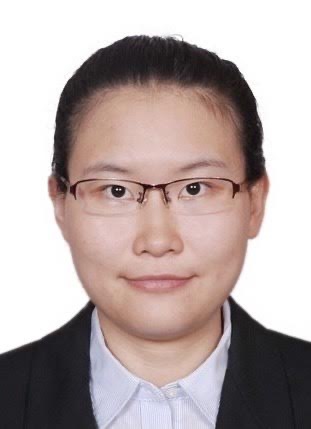First generation college student and PhD candidate at the Oden Institute for Computational Engineering and Sciences, Yiran Shen, talks about her recent internship experience at Dell Technologies.
“I’m a very boring person,” claimed Yiran Shen, first generation college student and PhD candidate at the Oden Institute for Computational Engineering and Sciences. “I don’t have any crazy hobbies or unique skills - like being able to say the alphabet backwards or anything like that.” Shen shrugs apologetically.
Behind Yiran Shen’s desk at the Oden Institute, there is a floor-to-ceiling whiteboard extravagantly painted with colorful dry-erase equations and the characteristic arrows and bubbles of a neural network, the physical representation of a series of machine learning algorithms that root out the deeper relationships in otherwise inscrutable sets of data, like synapses stretching between a brain’s neurons and paving the future of computational science.
Apparently, humility is the key to success. While some of us remain focused on trying to remember which letter comes before Q in the alphabet, Shen is modeling seismic waves deep beneath the ocean and solving real world problems through one of Dell’s coveted summer internships.
